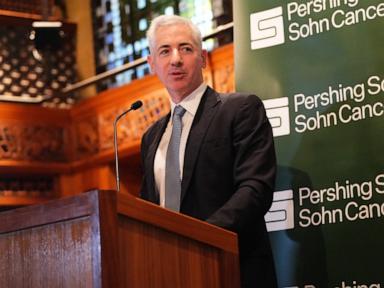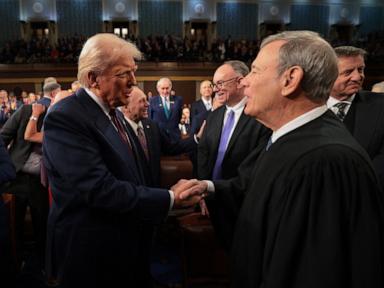President Donald Trump called Friday for Congress to adopt permanent daylight saving time — meaning there would be more daylight in the evening hours and most Americans would no longer have to change their clocks twice a year.
He's weighing in as Congress is also starting to debate the issue, including in a hearing convened Thursday by the Senate Commerce Committee.
“The House and Senate should push hard for more Daylight at the end of a day. Very popular and, most importantly, no more changing of the clocks, a big inconvenience and, for our government, A VERY COSTLY EVENT!!!” Trump said in a Truth Social Post.
Commerce Chair Ted Cruz (R-Texas) said there's general consensus that the twice-annual changing of the clocks should end, but there’s disagreement on whether to switch to daylight saving time or standard time. Advocates for permanent daylight saving time, including the golf industry, have argued the extended evening sunlight would reap benefits for recreation and exercise, while advocates for permanent standard time have argued their favored alternative would lead to better sleep.
Trump’s endorsement for making daylight saving time the norm — rather than changing clocks twice a year or conforming to standard time, which would mean more daylight in the morning hours and less in the evening — could help settle the debate for lawmakers. While it's consistent with Trump's previous positions, he wavered slightly last month, calling it a “50/50 issue” during remarks in the Oval Office.
Senators on both sides of the aisle said in Thursday’s hearing they want to be sure that states still have latitude to make the decision between standard and daylight saving time, weighing economic and health trade-offs. For example, Republican Sen. Todd Young warned that his state of Indiana may not reap the same benefits of daylight saving time as states farther east, saying the sun may rise past 9 a.m. in the winter.
“Hoosiers would begin their day in darkness for much of winter. … What works for East Coast states, I’m hearing from many of my constituents, may not work for states like Indiana,” Young said. “A one-size-fits-all national policy of time changes doesn’t take into account the regional differences that significantly impact daily life.”
Congress came closer than ever to adopting a permanent daylight saving time.
The Senate unanimously passed legislation in 2022 from then-Sen. Marco Rubio (R-Fla.) to create permanent daylight saving time, without requiring states already on permanent standard time to make the move. The bill’s passage took many lawmakers by surprise, including those who said they would have hurried to the floor to block the request for speedy consideration had they known the measure was coming up for a vote. It later died in the House.
With Rubio now Secretary of State, the bill is now being championed by Florida GOP Sen. Rick Scott.


































